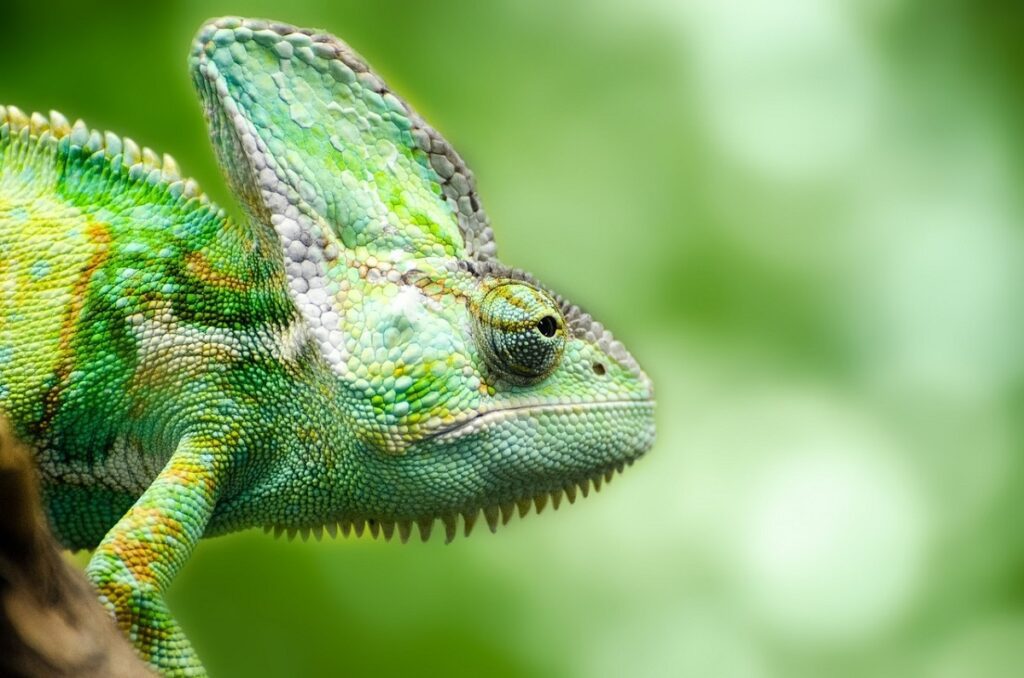Various populations of vertebrates on the planet are declining at an alarming rate, according to the Living Planet Index, a biannual report that issued its latest edition yesterday.
“The Living Planet Index (LPI) is a measure of the state of the world’s biological diversity based on population trends of vertebrate species from terrestrial, freshwater and marine habitats,” the report states.
“Monitored” populations of vertebrates declined 69% on average between 1970 and 2018, says the Living Planet Report 2022, considered one of the most ambitious efforts to assess the state of global biodiversity of vertebrates.
However, The New York Times clarifies that this does not mean that the planet earth has 69% fewer vertebrates. but rather that there was an average decline of 69% among the 31,821 distinct populations, representing 5,230 species, that were monitored for the report.
Findings are stark
According to the report, “the findings are stark” and demonstrate a substantial increase in “the speed and scale of change in biodiversity.”
The report also claims that if global warming exceeds 1.5°C, climate change will be the primary factor in biodiversity loss.
“Nature loss is now rarely perceived as a purely moral or ecological issue, with a broadened sense of its vital importance to our economy, social stability, individual well-being and health, and as a matter of justice. The most vulnerable populations are already the most affected by environmental damage, and we are leaving a terrible legacy to our children and future generations to come. We need a global plan for nature, as we have for climate,” says Marco Lambertini the Director General of WWF International.
While climate change is a major source of pressure, for now, the greatest pressure on biodiversity still comes from land-use change—cultivating or building on natural habitats—according to the report.
Biotech can make a change
Biotech companies can play a role in biodiversity.
“Farmers and the food supply chain face a multitude of challenges including the need to produce more food from fewer resources and under less predictable growing conditions. Biodiversity and ecosystem services concepts offer a holistic and integrative approach to developing solutions to these challenges,” says a report by CropLife International, an organization that includes BIO members BASF, Bayer, and Corteva.
Biotech tools supporting biodiversity include gene editing, which helps crops resist pests and disease, grow with fewer inputs, and last longer; animal feed that reduces emissions; farming methods that improve soil health and capture carbon; and innovations that address the climate, according to the CropLife International report.




